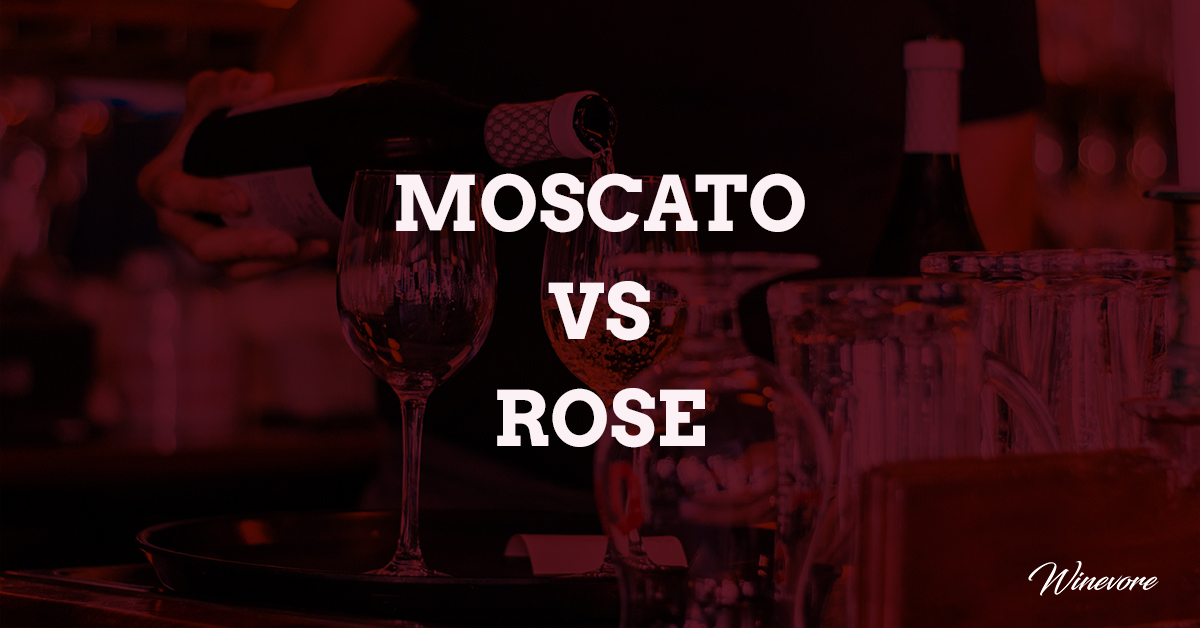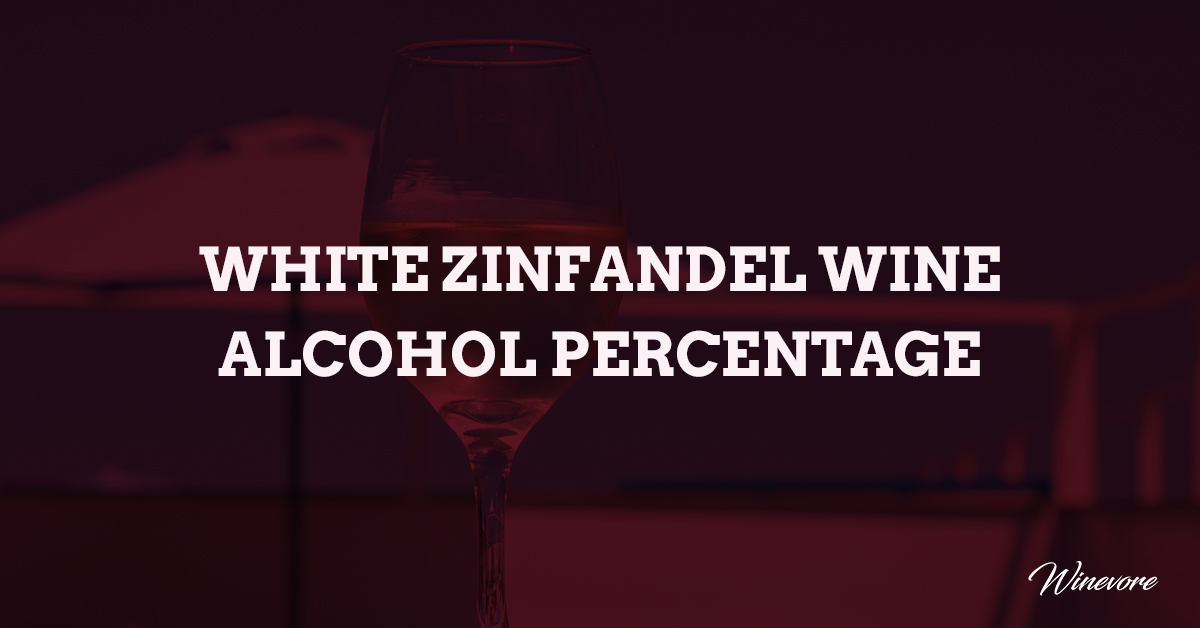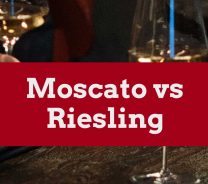Chenin Blanc vs. Sauvignon Blanc
Chenin blanc and Sauvignon blanc are French wines made from finicky grapes. Sometimes these grapes produce disappointing harvests and unimpressive wines. However, when grown in their ideal environments and harvested correctly, they have unique flavors resembling jasmine, coleslaw, or sake. They also have some of the highest alcohol contents for unfortified wine, topping off at 15 percent.
What Is Similar About Chenin Blanc and Sauvignon Blanc?
As evidenced by their names–“blanc” means white in French–both Chenin blanc and Sauvignon blanc are white wines. They’re also French wines, although they’re from different country regions. Like Chenin, a large amount of Sauvignon is grown in South Africa. The best harvests come from growing them in warm climates without overwhelming heat.
Both wines come in sparkling and still varieties. They taste like lemon oil, creme brulee, vanilla, and cream when aged in oak. Some people compare Chenin blanc and Sauvignon blanc to Chardonnay. However, Chenin blanc makes a better alternative to Chardonnay than Sauvignon blanc. Sauvignon blanc is usually lighter and a little sweeter.
What Is The Difference Between Chenin Blanc vs. Sauvignon Blanc?
Chenin blanc is also called Pineau de la Loire, which roughly translates to brandy wine from the Loire, a valley in France. Unsurprisingly, its grapes originate from Loire Valley, but they grow worldwide, especially in South Africa. Chenin blanc grapes need more care than most, so the high yields of California taste much different than the small yields of France. California averages about 10 tons per acre, resulting in a neutral and bland Chenin without floral notes. They must also be harvested within a specific window. Harvesting too soon makes a highly acidic Chenin similar to vinegar, and a wine expert once described it as “one of the nastiest wines” he’d ever tasted.
Sauvignon translates to “wild vine.” It’s an old name, so no one is certain where it came from, but it could refer to Sauvignon grapes growing and spreading without much tending. Sauvignon also ripens quickly. Harvesting too late produces similar results as harvesting Chenin too fast: a dull, unpleasant wine.
Which One Is Sweeter Or Drier Than The Other?
On average, Chenin blanc is drier than Sauvignon blanc. However, Sauvignon blanc still makes a bottle of great bone-dry wine. Dry varieties are Bodkin Wines’ 2020 Sparkling Sauvignon Blanc and Cottesbrook Sparkling Sauvignon Blanc. They’re from California and New Zealand, respectively.
For still wines, 2019 NO. 39007 Chenin Blanc by the Prisoner is dry and somewhat acidic but highly rated and worth a try.
Which One Has More Alcohol Content?
Sauvignon blanch can have more than 15 percent ABV but rarely has less than 12.5 percent. Chenin blanc is around the same, averaging closer to 13.5, but again, it doesn’t go below 12.5 percent. Experts describe these wines as having more body than most white wines. There isn’t much difference in their alcohol content, though.
How Do I Choose Between Chenin Blanc and Sauvignon Blanc?
If you want a slightly sweeter wine, lean toward Sauvignon blanc, but keep in mind that the difference might not be drastic. Both wines pack quite the alcoholic punch, so there’s no real winner there except anyone who drinks them. However, for anyone starting on their wine tasting journey, if you like the general flavor of these wines, definitely try both unoaked and oaked, and still and sparkling.
Summary
Chenin blanc and Sauvignon blanc are French white wines with a lot of alcohol compared to other white wines. They can range from sweet to dry, but they’re most often on the dry side. Sometimes they’re compared to Chardonnay, but this comparison isn’t always good. People may be associating them with Chardonnay because they’re French and sometimes have similar flavors imparted by oak barrels.







